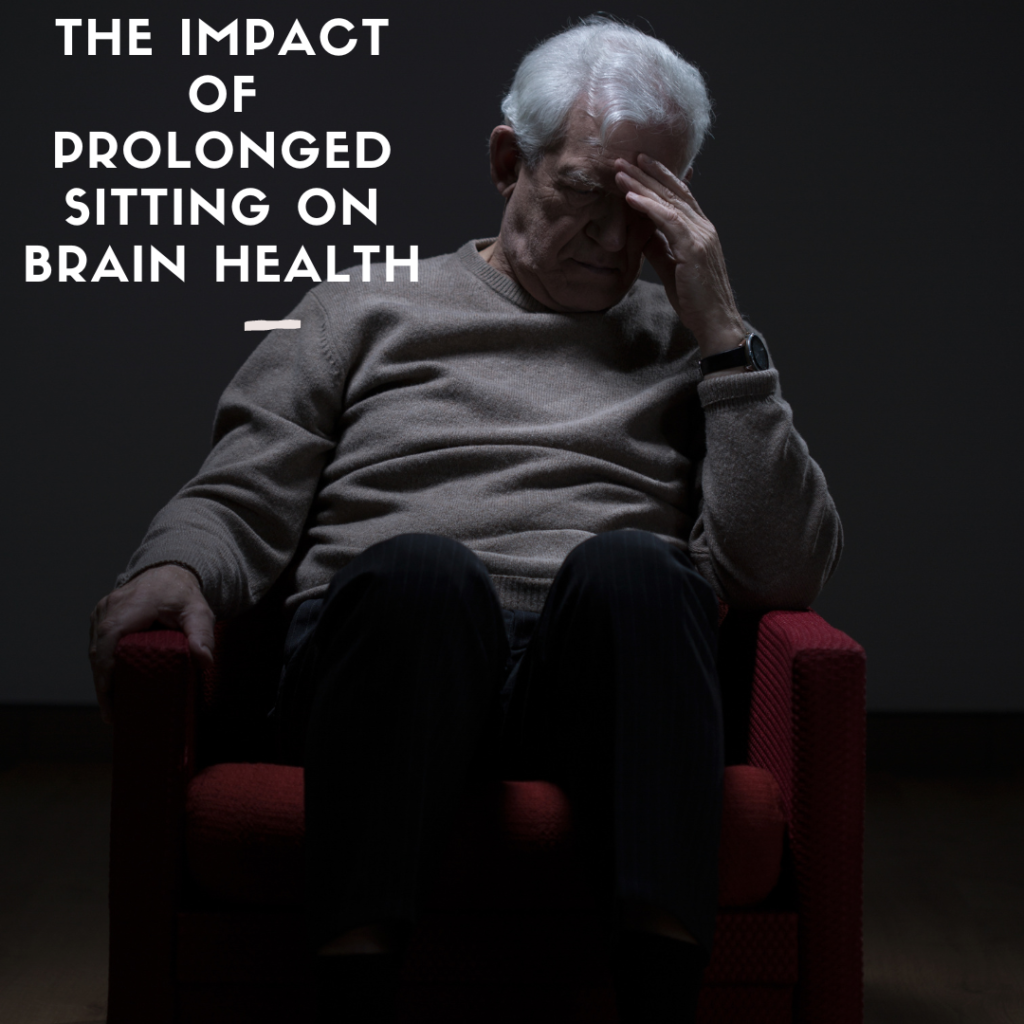
Prolonged sitting
The Impact of Prolonged Sitting on Dementia Risk
Are you aware that long hours sitting can heighten your risk of dementia, regardless of regular exercise? In an era where sedentary lifestyles are prevalent, understanding this correlation is paramount for maintaining brain health. Recent studies have unveiled a concerning link between extended periods of sitting and an increased likelihood of developing dementia later in life.
Understanding the Risk Factors
Sedentary behavior, such as sitting for prolonged periods, poses significant risks to brain health. Despite the benefits of regular exercise, excessive sitting can counteract these positive effects. Research indicates that prolonged sitting may lead to changes in brain structure and function, contributing to cognitive decline over time.
The Importance of Movement
Incorporating movement into daily routines is crucial for mitigating the risk of dementia associated with prolonged sitting. Simple strategies, such as taking regular breaks to stand, stretching, or opting for a standing desk, can make a substantial difference. Additionally, engaging in physical activities that challenge cognitive abilities, such as puzzles or learning new skills, promotes brain health. The CDC has clearly highlighted on the importance of movement/physical activity
Holistic Lifestyle Approaches
Maintaining a holistic approach to health is essential for preserving brain function. Adequate sleep, a balanced diet, and stress management play pivotal roles in cognitive well-being. Poor diet, inadequate sleep, and chronic stress can exacerbate cognitive decline, emphasizing the need for a comprehensive lifestyle approach.
Social and Mental Engagement

Social Ways to Manage Stress
Staying socially connected and mentally engaged is equally vital for brain health. Meaningful social interactions, engaging in hobbies, and seeking intellectual stimulation contribute to cognitive resilience. Prioritizing social and mental engagement can help mitigate the risk of dementia and enhance overall well-being. Also note that Loneliness and Social Isolation Linked to Serious Health Conditions
Promoting Awareness and Action
Raising awareness about the detrimental effects of prolonged sitting on brain health is crucial. Encouraging individuals to adopt healthier habits, such as reducing sedentary behavior and promoting an active lifestyle, can significantly impact dementia prevention efforts. By fostering a culture of movement and prioritizing brain health, we can collectively combat the rising tide of cognitive decline.
Conclusion
While regular exercise remains essential for overall health, addressing the impact of prolonged sitting on dementia risk is equally imperative. By incorporating more movement into daily routines, adopting a holistic lifestyle approach, and prioritizing social and mental engagement, individuals can reduce their risk of dementia and lead healthier lives. Let’s take proactive steps towards better brain health and a brighter future.
Like and follow us on Facebook, Instagram & Twitter.
Subscribe to our YouTube Channel


